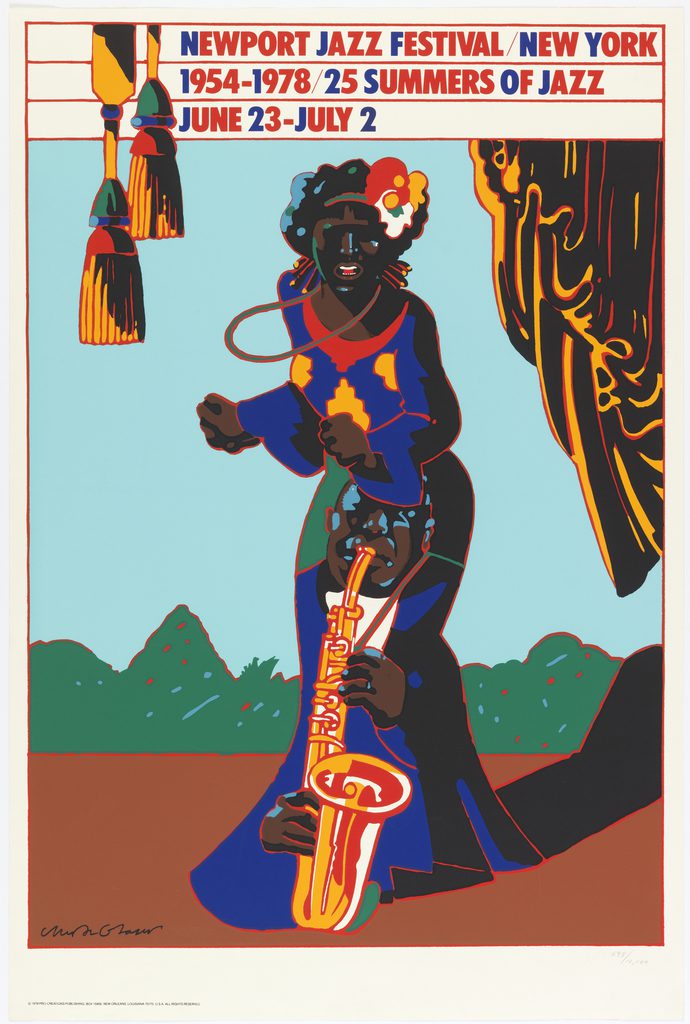
African and African American Music
By: Ta’Niyah Armstrong

Throughout African and African American history, music has played a vital role…
In historical Africa, music was commonly enjoyed during ceremonial tradition, as well as everyday life. Music was —and still is— included in weddings and even funerals. In African American history, music was oftentimes used as means of survival. Many times, the route to freedom would be disguised as lyrics of Negro Spirituals. The usage of instruments such as the Djembe Drums also symbolized freedom. Drums were such a significant part of the survival and liberation of slaves, that they were even prohibited in some slave states.


In today’s world, music’s role is just as significant. Music is often used as a tool of expression. African American musicians tell stories of empowerment through societal and social standards. Music is more than melodies and chorus when coming from African Americans. Much like history, music is used as a means of storytelling. Settings such as civil protests for civil rights, and against police brutality often include call and response type music, and chants. Different styles of music all have significant roles in African American communities.

Musical Creation Experience and Performance
The invention of differing types of instruments and performances helped further develop and evolve African and African American music. In historical Africa, music was accompanied by theatrical performances as a way of storytelling. Performing different choreographed or improvised dances help further understand and experience music. Moreover, the consistent usage of certain instruments helps music genres become more prominent. For example, the usage of brass instruments such as saxophone and trombone were key to the invention of Jazz music and the Blues. Along with music, the evolution of technology has brought about even more ways music is experienced. Award shows such as Musical entertainment such as the BET Awards, Soul Train, and Grammys are also heavily dependent on African American music and its history.

Timbre in Music
In relation to European music, African Americans tend to add more personality in songs. Though there is a timbre in the history of European music, it is unmatched when compared to African music. The lack of instruments during slavery pushed Africans to be improvisational in the ways they created music. Africans would alter the pitch/intensity of their voices in order to make them more distinct and complementary to their song. The usage of ad-libs, layered vocals and instruments in today’s music is a direct result of this tradition. Timbre’s relationship with African music is still apparent and present in today’s music.


Throughout the evolution of African and African American music, the inclusion of call and response music has become more prevalent. This specific musical structure initiates a more conversational tone throughout songs. Call and response is used more modernly in gospel songs, where phases or words are said in relation, or as a direct answer to a prior statement. The “caller” of one of these songs would start and control its development with the other participants. This style of music was extremely improvisational.
Since a great part of African music was improvised, the popularity of repetitive lyrics became a staple in music. African’s would highlight one specific verse of a song by repeating it. This built the storyline and body of songs; with different verses being placed around the chorus Repeating phrases and lyrics would also aid in the song being taught to more people. The popularization of reappearing phrases is apparent in the majority of today’s music.

